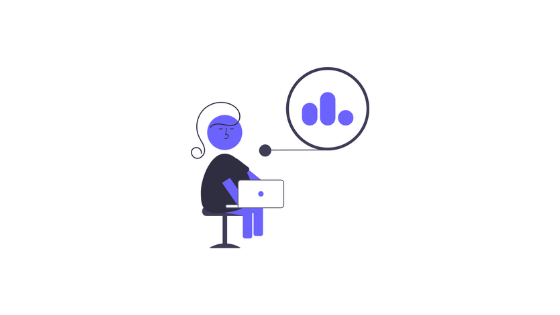Last year Microsoft announced a new platform as a service called Dataverse for Teams alongside an official name change and rebranding of the existing Common Data Service (CDS) to Microsoft Dataverse.
While the Common Data Service has rebranded to Microsoft Dataverse – apart from terminology changes, its capabilities have not changed significantly. The Microsoft Dataverse is a low-code data platform that allows building scalable and interconnected apps, automation and agents using common data, security, and business logic.
Dataverse for Teams is just like Dataverse, except it is built right within Microsoft Teams with targeted features for low-code app development.
In this blog, we will provide a quick overview of both Dataverse and Dataverse for Teams – what has changed, what has stayed – and why the arrival of Dataverse for Teams is important for low-code app development within organizations.
What are the benefits of Microsoft Dataverse?
- Deliver services with agility
With an extensible data platform that uses out-of-the-box tables, extended attributes, semantic meanings, and an open ecosystem that is enabled by the Common Data Model. - Scalability and efficiency
By quickly developing apps, processes, and reusable data schemes, you can boost productivity and reduce costs. You can repeatedly build, validate and deploy your apps using GitHub and Azure DevOps. - Work smarter with data
By adding low-code AI tools to process automation, you can identify and resolve duplicated and conflicted data with built-in business logic and rules. - Secure and reliable platform
Your data will be protected with a security management infrastructure that provides advanced encryption, rich access control, and deep integration with Azure Active Directory.
What is Microsoft Dataverse for Teams?
Dataverse for Teams is basically a subset of Dataverse’s essential capabilities built-in Microsoft Teams that provides a simplified, low-code experience of building apps, workflows, chatbots, and intelligent agents. With Dataverse for Teams, users don’t need to worry about the complexity that comes with data models, security roles, and environments.
Everything that users used to be able to do with CDS – now known as Dataverse can basically be done right within Microsoft Teams including:
- Quick access to Dynamics 365 data;
- Embedded Power Apps Studio to create & share custom business applications;
- Build custom workflows directly in Teams using Power Automate
- Building AI chatbots within Teams with Power Virtual Agents
Dataverse for Teams and its capabilities come at no additional cost and is bundled with all Microsoft 365 subscriptions that provide the rights of using Microsoft Teams.
To grasp the full capability of Dataverse and its many capabilities and features, partnering with a team of experienced consultants and developers at Solutionade, can provide you with continuous and cost-effective consulting and support to help you optimize your Dataverse and PowerApps and understand its complexities.
